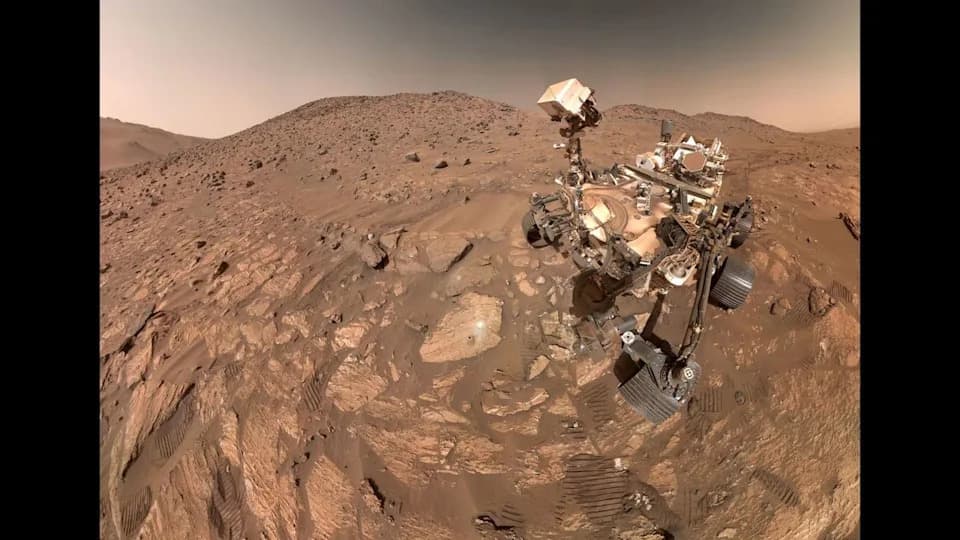The European Space Agency will fund ISS tests to see whether Solein, a microbial protein powder made from air, electricity and urea (found in urine), can be manufactured in microgravity. Solar Foods developed Solein and the HOBI-WAN project will first refine the process on Earth before orbital trials. Proving gas fermentation in orbit could cut resupply needs, boost crew autonomy and support long-duration Moon and Mars missions. The team hopes Solein could become a primary space protein by 2035.
ESA to Test 'Solein' — Microbial Protein Made from Air and Urine — Aboard the ISS

ESA funds first in-orbit test of protein made from 'thin air' and urine
The European Space Agency (ESA) will fund a pilot project to test whether a nutrient-dense protein powder called Solein can be manufactured aboard the International Space Station (ISS). Developed by Finnish startup Solar Foods, Solein is produced by microbes using air, electricity and a nitrogen source such as urea (a compound found in urine).
What the experiment will do
The experiment falls under the HOBI-WAN programme (Hydrogen Oxidizing Bacteria In Weightlessness As a source of Nutrition). Its first phase will refine the manufacturing process on Earth; subsequent tests will examine whether gas fermentation can work reliably in microgravity.
Why this matters
Producing food in space could reduce the need for frequent resupply missions and improve autonomy for long-duration stays on the Moon and future trips to Mars. If successful, on-site protein production could increase resilience, expand dietary options for crews and lower mission costs.
Technical challenges
Microgravity changes how gases and liquids behave because buoyancy is absent, which can significantly affect the transport of nutrients and gases to the microbes that produce Solein. Understanding these fluid- and gas-transport dynamics is a central aim of the ISS tests.
Arttu Luukanen, Senior Vice President of Space & Defence at Solar Foods: 'Gases and liquids behave very differently in microgravity because buoyancy is absent, which can sharply alter nutrient and gas transport for the microbes that make Solein. This project is the first step toward producing Solein at operational scales in space; our vision is for Solein to become a mainstay protein for space explorers by 2035.'
Angelique Van Ombergen, ESA Chief Exploration Scientist: 'This project aims to develop a key capability that will improve human spaceflight autonomy, resilience and crew well-being — essential for long-duration lunar missions and future voyages to Mars.'
The HOBI-WAN tests represent the first attempt to apply the fundamentals of gas fermentation in a microgravity environment. Early results will inform whether scaling up Solein production in orbit is technically and operationally feasible.
Bottom line: The ISS experiments will determine whether microbial protein production using air, electricity and recycled nitrogen can become a practical, sustainable food source for future deep-space missions.
Help us improve.



























